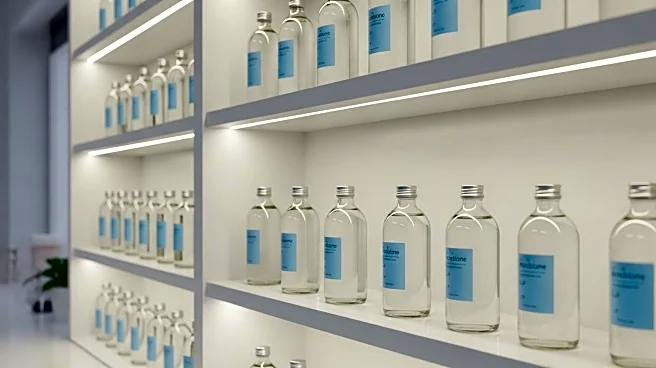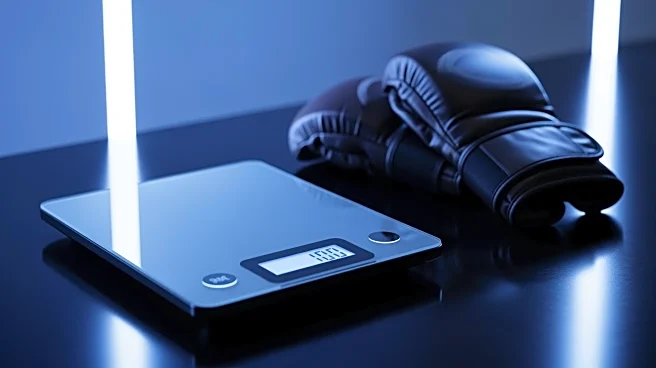What's Happening?
Innospec's Iselux Ultra Mild has been certified as microbiome-friendly by MyMicrobiome, marking a significant development in the personal care industry. This certification highlights the product's ability to support the health and diversity of the scalp microbiome, aligning with the growing consumer demand for products that work harmoniously with the body's natural processes. The certification comes amid increasing consumer awareness of the importance of a balanced microbiome, which includes the ecosystem of bacteria, fungi, and viruses on the skin, scalp, and in the mouth. Iselux Ultra Mild is a sulfate-free, 1,4-dioxane-free surfactant blend that is 81% naturally derived, offering a sustainable and biodegradable option for consumers. The product is designed to be gentle, providing benefits such as 'no-tears' and 'no eye irritation,' while delivering a luxurious lather.
Why It's Important?
The certification of Iselux Ultra Mild as microbiome-friendly reflects a broader shift in consumer preferences towards health-conscious and scientifically-backed personal care products. As consumers become more educated about the role of the microbiome in overall health, products that support 'good bacteria' are gaining traction. This trend is influencing major beauty companies like L'Oréal, Estée Lauder, and Beiersdorf, which are increasingly focusing on longevity and microbiome health in their product lines. The emphasis on microbiome-friendly products could lead to significant changes in the personal care industry, with potential impacts on product formulation, marketing strategies, and consumer education.
What's Next?
As the concept of microbiome-friendly products gains mainstream acceptance, companies may continue to innovate and expand their offerings in this area. The certification of Iselux Ultra Mild could encourage other manufacturers to seek similar endorsements, potentially leading to a wider range of products that prioritize microbiome health. Additionally, the focus on longevity and microbiome-friendly products may drive further research and development in the beauty industry, as companies strive to meet consumer demand for products that promote overall well-being.
Beyond the Headlines
The shift towards microbiome-friendly products raises important ethical and cultural considerations, particularly regarding consumer education and transparency in product labeling. As consumers become more aware of the health benefits associated with a balanced microbiome, companies may face pressure to provide clear and accurate information about their products' microbiome-supporting properties. This could lead to increased scrutiny of product claims and certifications, as well as a demand for more rigorous testing and validation processes.









